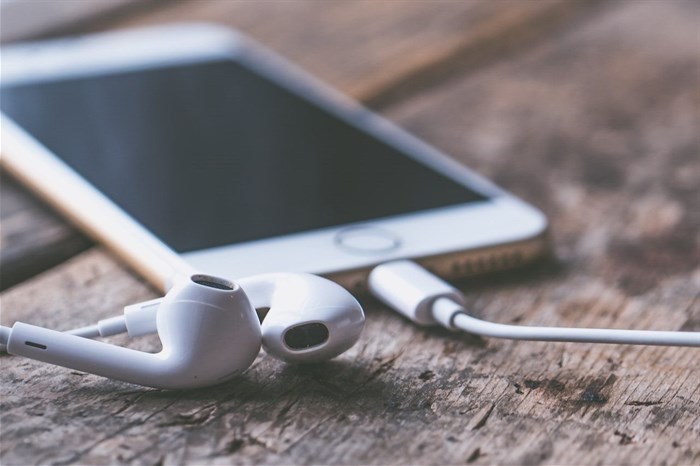
Top stories
More news




Marketing & Media
Biz Promoted Features: Keep your business headlines in the spotlight for 7 days
Bizcommunity.com 15 hours







Construction & Engineering
Smart city infrastructure gets a boost with FNB's new toll solution






Patricia Schröder, spokesperson for the producer responsibility organisation (PRO) Circular Energy, highlights the importance of shedding light on this overlooked issue and promoting sustainable disposal practices.
“While larger electronic devices like old computers and televisions often grab the headlines, the hidden e-waste — smartphones, chargers, headphones, and other small devices — also deserve our attention. Outdated and forgotten gadgets may seem insignificant, but they collectively pose a substantial environmental challenge," Schröder emphasises.
"As technology evolves, many of us upgrade our devices without considering the environmental implications. These small electronic items contain hazardous materials such as lead, mercury, and brominated flame retardants,” she cautions. “When disposed of improperly, these toxins can leach into the soil and water, polluting ecosystems and potentially contaminating our food and water sources. Moreover, the improper incineration of e-waste releases harmful pollutants into the air, contributing to air pollution and exacerbating respiratory issues.”
Schröder advocates for increased awareness and the implementation of sustainable disposal practices. "Every small electronic device, when recycled or treated properly, can make a difference," she asserts. “The solution lies in fostering a culture of sound waste management at the individual level. Users must be encouraged to actively seek out authorised recycling facilities that specialise in handling small electronic devices. The recycling and reuse of e-waste, including small electronic devices, create numerous job opportunities and have a positive impact on our society.”
Schröder urges individuals to take responsibility for their small electronic devices and embrace sustainable disposal practices.
“Responsible waste management is not just the responsibility of the government and big businesses. Each one of us plays a crucial role. It's essential that we take stock of our homes, rummage through those drawers, and dig into those garage boxes to uncover the hidden e-waste within. Once identified, these items should be recycled through proper channels, ensuring their materials are recovered and reused,” she advises.
And consumers who don’t know where to start, can simply make use of Circular Energy’s “Give It Back” service.
“They can request a collection for their waste electric or electronic equipment, lighting or lighting equipment and batteries by completing and submitting the form on our website,” Schröder says.
“One of our accredited service providers will then contact the user, to arrange the details of the collection directly with them.”
Circular Energy has also partnered with Woolworths for the disposal of CFL light bulbs and portable batteries. See the list of selected stores here.